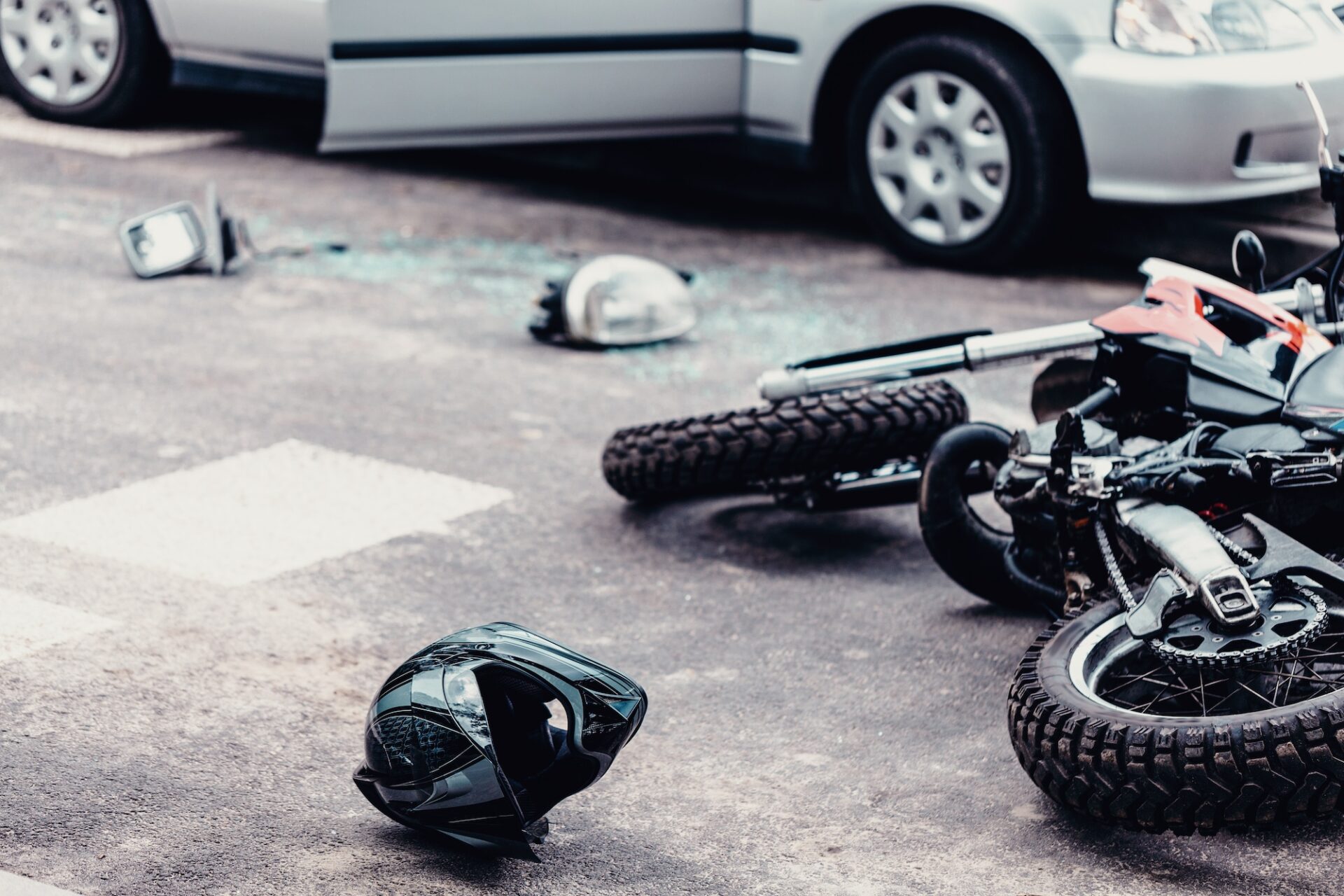When you were first learning how to drive, your parent or instructor probably drilled you on how to be a “defensive” driver. But, as we’ve established with the difference between the terms “accident” and “collision,” the words we use affect how we think about a topic. In that case, is “defensive” driving the term we should use? Or should we use a more empowering term like “proactive” driving?
The term “defensive” implies that the driver only responds to dangers on the road as they come. But a “proactive” driver thinks ahead and pinpoints possible dangers. Which do you think is really the safer driver?
How to be proactive on the road
So what does it look like to be a “proactive” driver instead of merely a “defensive” driver? Here are a few tips to keep in mind:
1. Scan the road at all times.
It’s really easy to get lost in your thoughts or allow distractions to take your mind or eyes off the road. But a proactive driver will continually scan the road around him or her. As you approach an intersection, even if the light is green, quickly scan the intersection left-to-right to spot vehicles that may pull out in front of you or disregard their red light.
2. Know who is around you.
Changing lanes shouldn’t be the only time you check your mirrors. Keep track of the vehicles around you by checking your mirrors regularly. If you have to make a quick maneuver, you’ll already know who is around you and which direction you should steer without causing a collision.
3. Keep your distance while driving and stopping.
Most people know that they should keep a following distance of at least 3-5 seconds. But another good habit is keeping your distance from the vehicle stopped in front of you. A good rule of thumb is to stop far away enough to see the back tires on the car in front of you. This gives you extra buffer space in case you are rear ended or need to maneuver out of the way for some reason.
Prepare for the worst, hope for the best
Being a proactive driver doesn’t mean that you are paranoid. It means that you have better knowledge and control over your safety on the road. When you think about driving proactively, you’re planning ahead for the worst instead of having mere seconds to think and act.
But sometimes, despite our best efforts, collisions still happen. In that case, are you prepared to deal with the aftermath? Attorney Richard Smith has written a helpful guide for all motorists. “10 Critical Mistakes to Avoid if You are Injured in a Car Wreck” is full of helpful advice for navigating the legal aspects of road safety and collisions. Download it for free here.
Disclaimer: Principle office is located at 1210 Laurens Rd, Greenville, SC 29607. No fee unless the case is settled or won, costs may be excluded.




